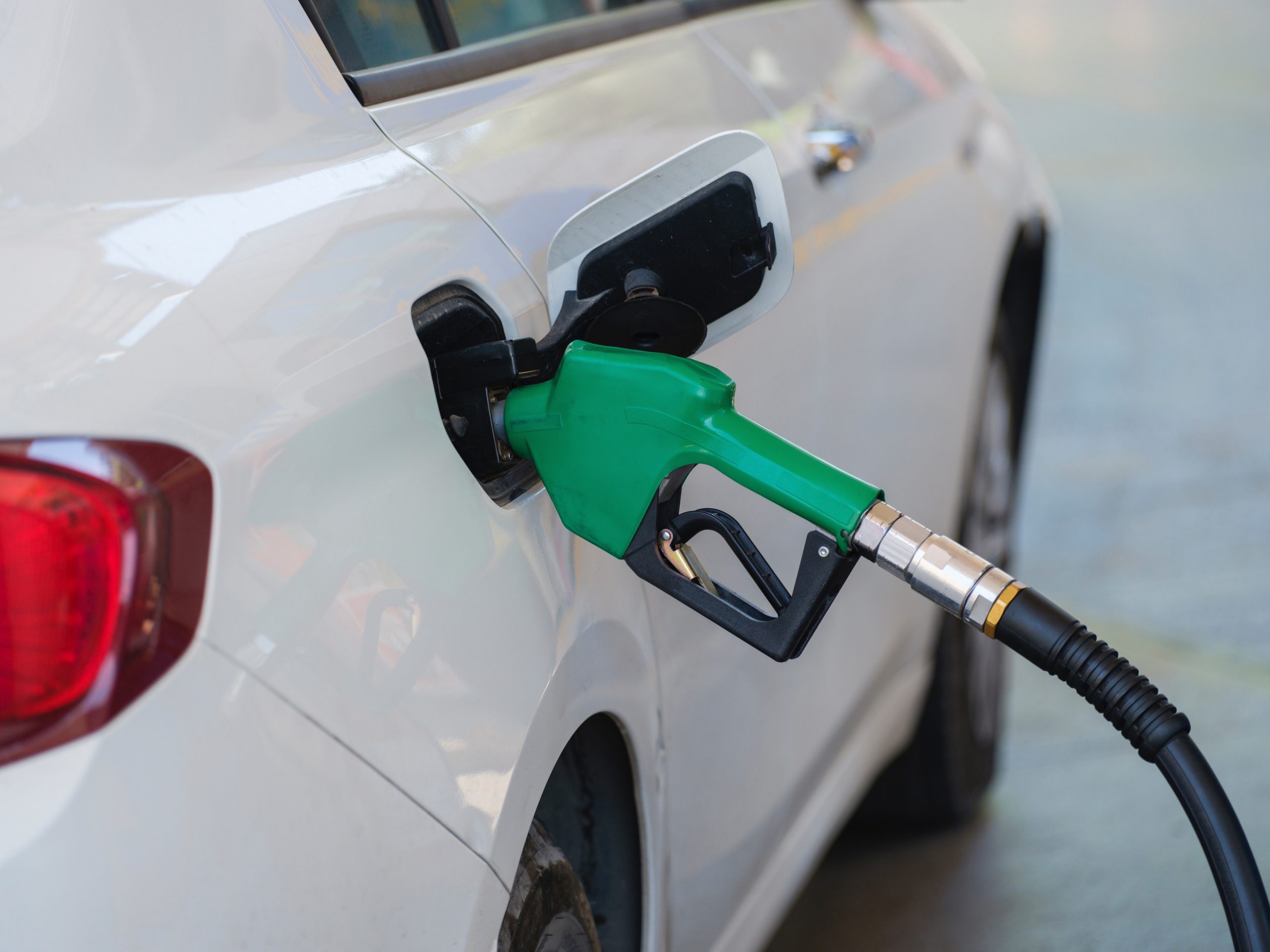

Gas prices have been on the rise again, and just in time for summer travel. If you are looking to save some money this summer as you spend more time on the road, there are ways you can improve your vehicle gas mileage and reduce fuel consumption. This month’s blog post addresses 8 ways to manage your gas consumption and put a little money back in your wallet.
- Use the right fuel: Every vehicle has a recommended octane level. Check your vehicle owner’s manual for the suggested octane. Many drivers use the wrong octane level for their particular engine and are spending more money at the pump.
- Keep tires properly inflated: If your tires are not properly inflated, they can wear down faster and affect your fuel consumption. Most drivers on the road are driving with underinflated tires. Check them regularly with a manual tire gauge and follow the air pressure guidelines from the tire manufacturer.
- Control your speed: The faster you drive, the more fuel your vehicle will consume. If you are inconsistent about your starts/stops and frequently “gun” the vehicle on the highway or at traffic lights, you will burn more fuel. Use the cruise control on the highway, this will manage your speed and lower your fuel consumption. Stick to the speed limit on highways to ensure you are safe and saving fuel.
- Check your engine air filter: The air filter in your engine can become clogged and dirty and lower your gas mileage. Have it checked when you are getting an oil change. The air filter should be replaced at least once a year.
- Get a wheel alignment: When your wheels are mis-aligned, this can cause more wear on your tires and lower your fuel consumption due to extra work for the vehicle. An easy way to identify if your wheels are not aligned is to check the tread depth on either side. If one side is significantly lower than the other, this may indicate an issue.
- Check spark plugs: Getting a tune-up can help maintain your vehicle’s fuel/air mixture. Along with the spark plugs, have the wires and timing checked for any necessary replacement or repair. The lifespan of your spark plugs depends on the vehicle and may range from 30,000 miles to 100,000 miles. If your plugs are nearing their lifespan, have them replaced.
- Reduce vehicle weight: If you tend to carry a lot of extra weight in your trunk or rear of the vehicle, this can cause your vehicle to work harder and lower your fuel savings. Keeping heavy tools or items in the trunk should be avoided. Lighten the load by removing these items from the vehicle.
- Watch for brake drag: When the calipers on your brakes are worn or corroded, they can cause drag on your brakes, and reduce your gas mileage. Have your brakes checked by a professional to determine if there’s any signs of drag or unusual wear and tear.
While there’s no way to control the gas prices in today’s economy, you can maximize your gas mileage by making a few simple changes in your driving and maintenance routine. As you get out on the road this summer, keep these changes in mind and you will see that small changes add up to big savings. If you would like to have your vehicle serviced for summer travel, contact the service professionals at Car Kings to schedule an appointment.
